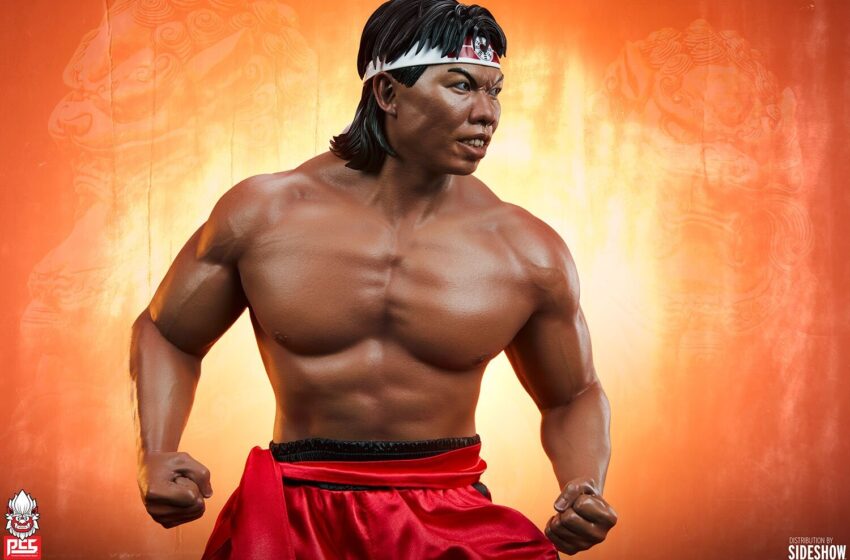Is martial arts legend Bolo Yeung sick and in a wheelchair?

Dubawa exposes false claim that Bolo Yeung is ill and in a wheelchair
A viral social media post recently claimed that iconic martial arts actor Bolo Yeung—known worldwide for his roles in classics like Enter the Dragon and Bloodsport—is seriously ill and confined to a wheelchair. This alarming news quickly spread across platforms, sparking concern among fans and followers.
However, Dubawa, a trusted fact-checking organization, has thoroughly investigated the claim and found it to be false and misleading.
The post relied on an out-of-context image of Yeung sitting down, which was manipulated to imply he was sick and wheelchair-bound. In reality, the actor is healthy and active, with no credible reports confirming any health issues.
How Dubawa Debunked the Viral Bolo Yeung Wheelchair Claim
Dubawa’s team examined the original source of the images and videos used in the viral post. They confirmed that the footage was taken during public appearances where Yeung was seated naturally, without any signs of illness or disability. The claim lacks any supporting evidence from reliable media outlets or official statements from Bolo Yeung or his representatives.
This kind of misinformation is common in celebrity circles, where old photos or videos are recycled with misleading captions to gain clicks or spread false narratives. Dubawa emphasizes the importance of verifying the authenticity of viral content, especially concerning sensitive topics like health.
Why Misinformation About Celebrities’ Health Matters
False health claims can have serious consequences. They not only cause unnecessary worry among fans but also damage the reputation of the individuals involved. For public figures like Bolo Yeung, rumors about illness or disability can affect their career opportunities and public perception.
Moreover, such misinformation contributes to the wider problem of fake news, which can undermine public trust in media and online platforms. It is essential for social media users to critically assess sensational claims before sharing them.
How to Spot and Avoid Sharing False Health Claims
To protect yourself from falling for or spreading misleading health information, Dubawa recommends:
-
Checking the original source: Verify if the image or video is recent and from a reliable outlet.
-
Looking for official statements: Celebrities or their representatives often clarify rumors on verified social media accounts.
-
Watching for context: Images or videos taken out of context can easily mislead.
-
Using fact-checking resources: Trusted organizations like Dubawa provide accurate verification of viral claims.
By following these steps, social media users can help reduce the spread of false information.

